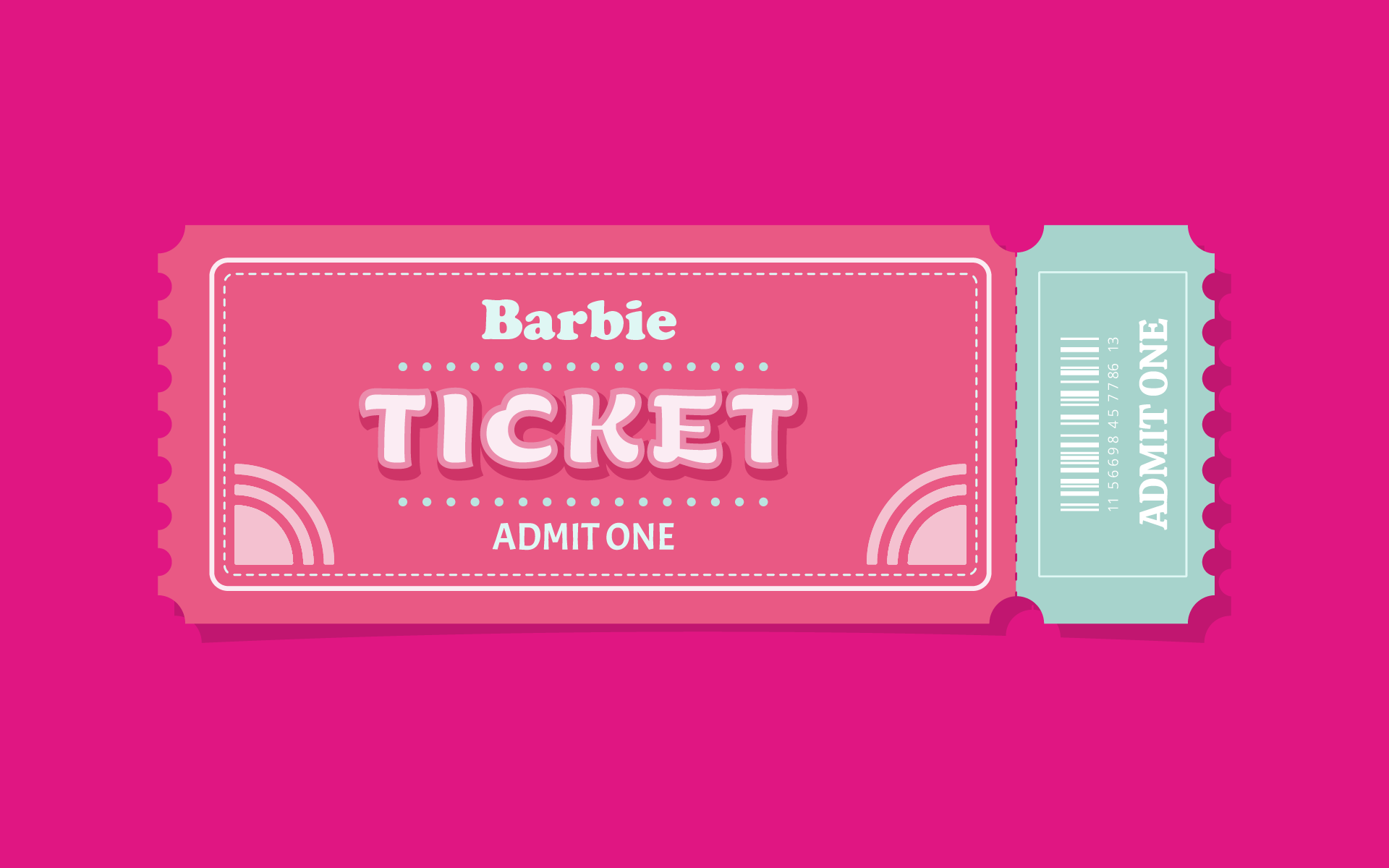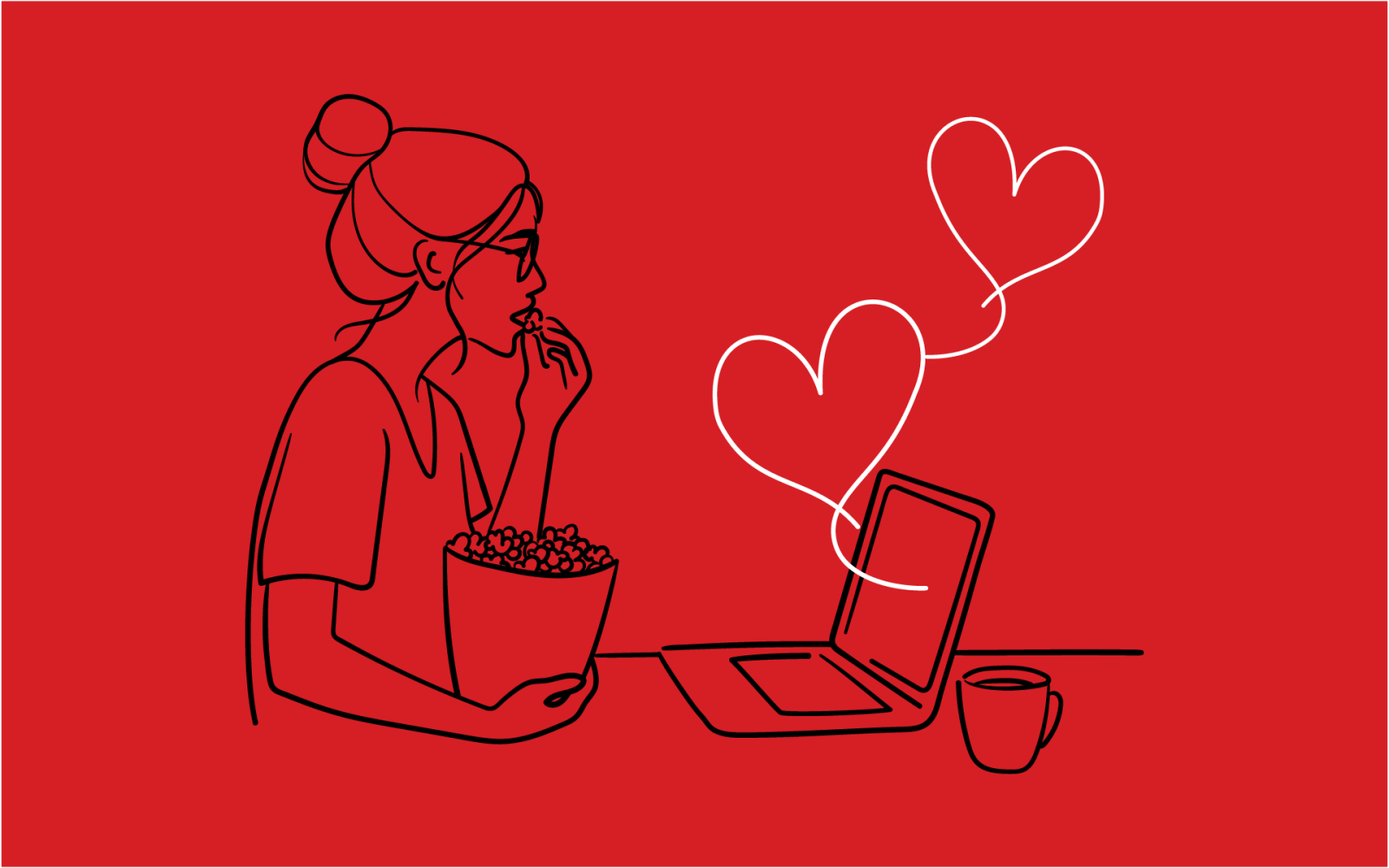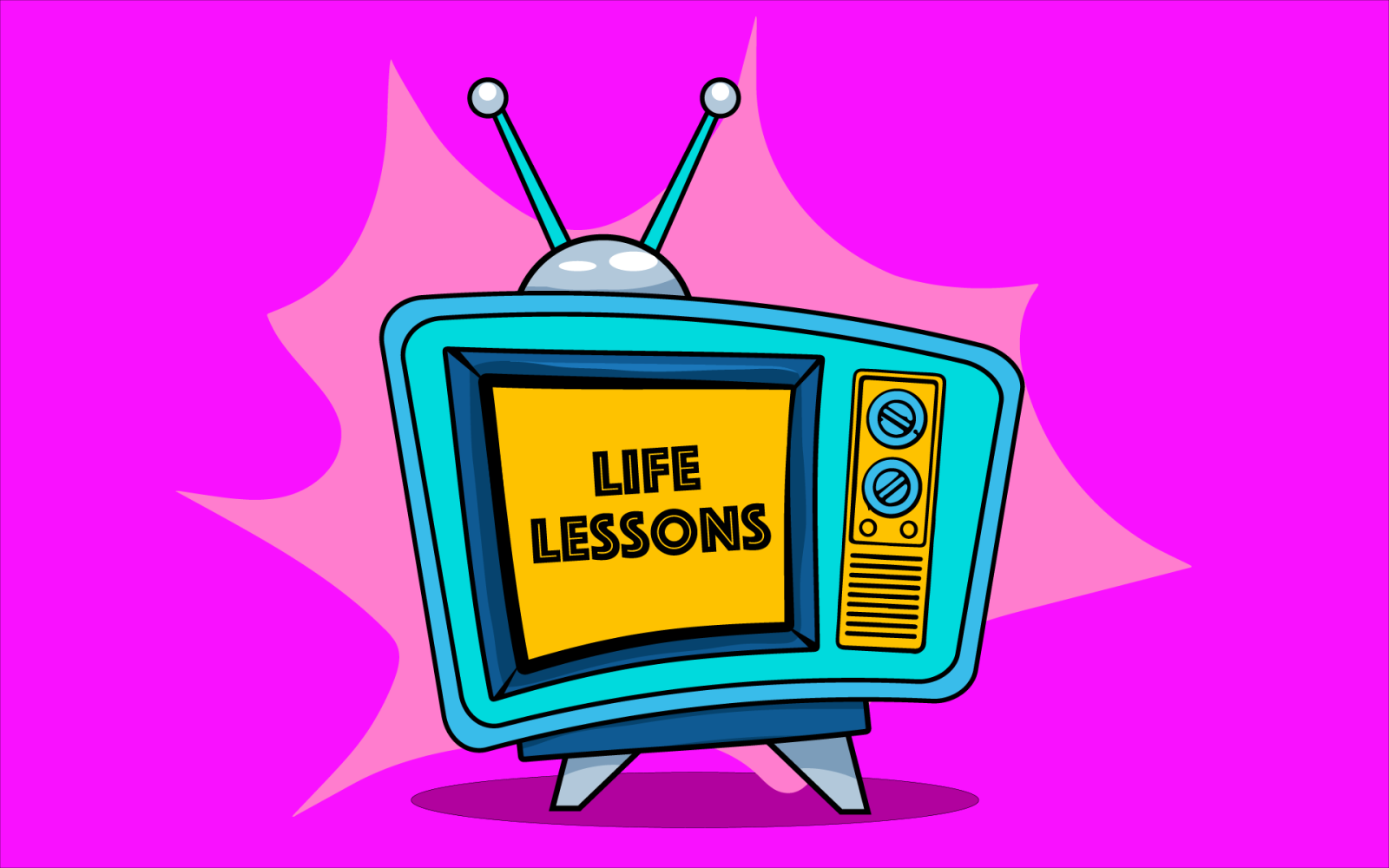I’m Team Ken, but I put on my pink unicorn onesie to see Barbie and I loved it

Here’s why I had such a patriarchy-smashing time at the movies.
I open my cupboard door and scan my clothes for something pink.
The only thing that fits the bill is a violent pink unicorn onesie I’d bought for a fancy-dress party a million years ago.
I’d never imagined I would wear it again, but I’d also never imagined I’d ever go see a movie about Barbies.
And yet, I think as I squeeze into the onesie, here we are.
People whose thoughts I admired and whose opinions I respected were gushing about this movie.
A friend with a PhD said it was the best movie she’d ever seen and described it as a sparkling tour de force.
The sparkling movie has sparked so much commentary. People have been analysing Barbie’s message, dissecting its meaning and high-fiving its subversive storytelling.
I was curious to see whether it lives up to the hype. Besides, my friend with the PhD told me, it uses humour to smash the patriarchy – and who doesn’t like poking fun at the patriarchy?
American right-wing troll Ben Shapiro, that’s who. He went on a 43-minute anti-Barbie tirade and then set a doll on fire.
Shapiro putting a Barbie on the barbie probably just added more bums on seats – not that Warner Bros needed another bro’s help.
The movie’s marketing machine has been next level. Punch “Barbie” (no, Shapiro, that’s not the end of my sentence) into Google and watch an explosion of pink fireworks.
I didn’t want to be seen going to the Barbie movie on my own, so I looked around for a plus-one and homed in on my 9-year-old daughter, Maya.
She shook her head. “Why would I want to see a Barbie movie?” she said. “Take me to Spider-Man.”
That’s my girl, I thought. I turned to her sister, 14-year-old Rachel, but she had the same problem as I had: She didn’t want to be seen going to the Barbie movie with me.
Besides, she told me, she’d already seen it. I asked her for her thoughts.
“It was kinda weird. It wasn’t really about Barbie … it was about, like, feminism.”
Ooooh. Like feminism. No wonder Shapiro’s knickers got all bunched up.
She also told me that I couldn’t wear the pink unicorn onesie. “You’re Team Ken,” she said. “It’s not appropriate.”
It had taken me half an hour to squeeze into the onesie, there was no turning back. So, with a quick detour to sell my car to buy a bag of popcorn, I made my way to the movies.
The cinema was packed with excited groups of women of all shapes and sizes – teens with their besties, moms and daughters, grannies and goggas – all tickled various shades of pink.
As far as I could tell I was the only non-woman, but I didn’t feel unwelcome – not even when we ventured into gender-flipped Barbieland where Barbies are presidents, mermaids, supreme court judges, doctors, and Ken is…well, Ken is just Ken; a neutered, unemployed dude whose life’s purpose is getting Barbie’s attention, and “beach”.
Ken’s not a lifeguard, though. He just does beach and, boy, does he beach well. As the movie’s tagline explains: “She’s everything. He’s just Ken.”
However, the perfect life of the iconic blonde Stereotypical Barbie (Margot Robbie) starts to unravel when she discovers she has flat feet, cellulite, and thoughts about death.
To save herself from these human horrors, Barbie and Ken (Ryan Gosling) leave Barbieland to go to the real world in search of the sad girl who is playing with her.
The movie has a layer of self-awareness, satirising its co-producer, Mattel, which owns Barbie.
Sasha, a teen in the real world, lambasts Barbie for “the glorification of rampant consumerism” and calls her a fascist.
“She thinks I’m a fascist,” a bewildered Barbie replies, “but I don’t control the railways or the flow of commerce.”
I didn’t expect to laugh as much as I did. The movie is filled with witty one-liners and barbed quips.
Most of the LOL moments belong to Ken, who gets a taste of the patriarchy in the real world.
He discovers horses (“men extenders”) and brings the patriarchy to the newly christened Kendom where he lives in a “mojo dojo casa house”.
Maybe it’s because I’m Team Ken but I think Ken steals Barbie’s thunder (ironic in a movie about women’s equality).
Barbie (the movie) is many things, but it’s not subtle. In case director Greta Gerwig’s message isn’t clear, a real world character explains, “I’m a man with no power. Does that make me a woman?”
If that doesn’t drive her message home, Gloria delivers a powerful monologue about the unrealistic expectations and contradictions real women face.
Barbie isn’t so much “like feminism”, it’s “lite feminism”, and while Barbie isn’t going to smash the patriarchy (you’ll be relieved, Shapiro), it smashed the box office.
It has raked in more than $1-billion, only one of a handful of movies to do so and the only one by a woman director, which is at least a poke in the eye of patriarchy.
In a time when movies are struggling to attract audiences, Barbie is a pink unicorn – so, despite Rachel’s warning, my onesie was very appropriate.




